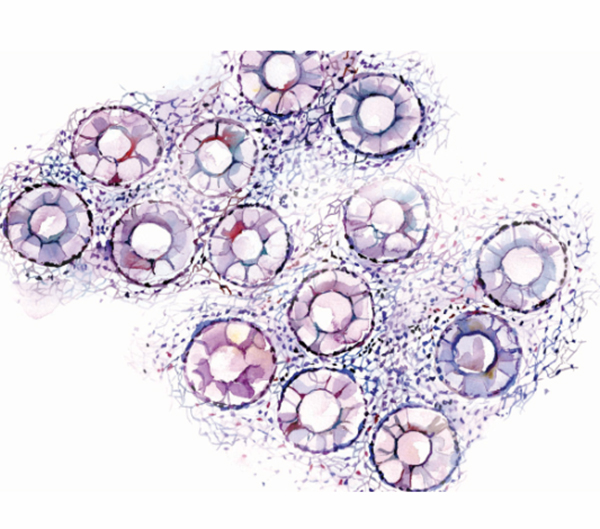Animal Primary Cells

Explore Our Animal Primary Cells
Charles River supplies animal primary cells such as murine immune system mast cells, bone marrow cells, dendritic cells, macrophages, and spleen cells. Animal primary cells are available in 1-2 million cells/vial, 5-10 million cells/vial, or 10-15 million cells/ vial sizes, depending on cell type. Primary bovine chondrocytes are available in a cryopreserved 5-10 million cells/vial format. Animal primary cells are cryopreserved after isolation and can be cultured and propagated through several passages.
Mouse Cells
Charles River murine cell supply includes two commonly used mouse strains, BALB/c and C57BL/6. Browse our mouse cells:
- Mast cells - Mast cells are granulocytes found in tissues and are key mediators of allergic inflammation. They are characterized by their expression of receptors for immunoglobulin E (IgE).
- Bone marrow cells - Mouse bone marrow cells are responsive to growth factors and can be used to derive stem cells, macrophages, dendritic cells, mast cells, and other mouse cell types.
- Dendritic cells - Dendritic cells are key antigen-presenting mouse cells and are responsible for initiating the adaptive immune response.
- Macrophages - Macrophages are a type of white blood cell involved in phagocytosis of bacteria and other harmful organisms. Our murine macrophages are generated in vitro from bone marrow cells.
- Spleen cells - Mouse spleen cells are isolated from mice immediately after euthanasia and quickly cryopreserved. Our spleen cells can be used as feeder cells or as controls in flow cytometric analysis.
Bovine Cells
Bovine cells are common in biological research and can be used in studies of autoimmunity and cartilage growth and repair. Chondrocyte cultures from bovine cells are useful in in vitro models for studying cartilage regeneration and repair, cytokine and growth factor effects on cartilage, and arthritis.
Bovine chondrocytes are cryopreserved after isolation and can be cultured and propagated through several passages. In the figure below, chondrocytes are thawed and plated into a 96 well plate at 100,000 cells per well. Recombinant human FGF18 is added at 100 ul per well. Cultures were incubated for two days prior to measuring proliferation by reduction of XTT.